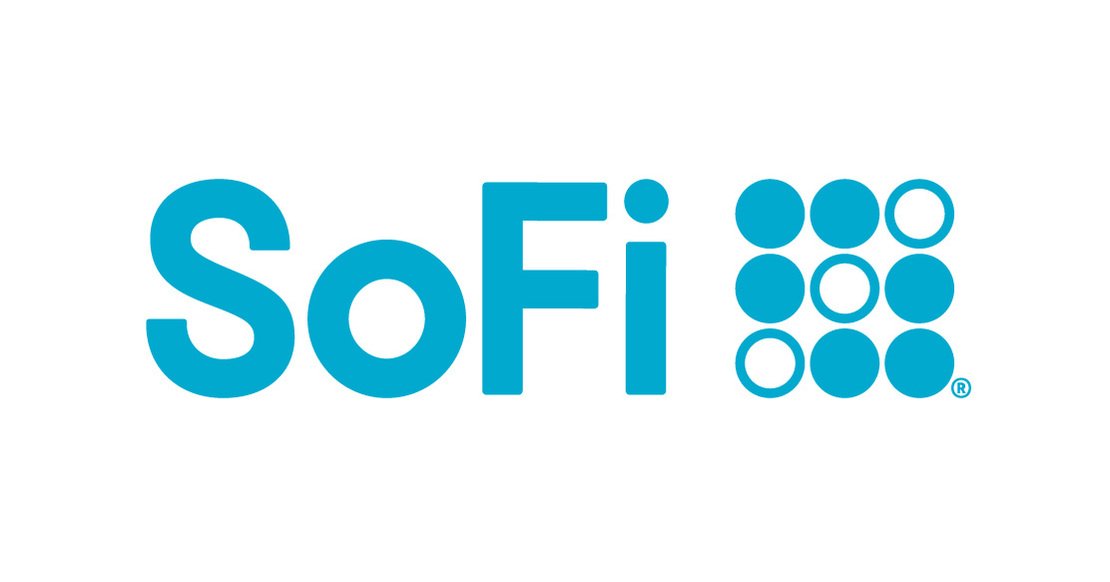
Checking Accounts, keep your money safe & ready to go
Checking Accounts: A Simple Guide to Managing Your Money
Opening a checking account is one of the first steps toward managing your finances. Whether you’re setting up your first checking account, looking for a low-fee or no-fee checking account, or considering opening a second checking account for budgeting purposes, having the right account can make a big difference. Here’s everything you need to know about checking accounts and how they can help you stay on top of your finances.
What’s a Checking Account?
A checking account is a bank account that allows you to deposit money, make payments, and withdraw cash as needed. Unlike a savings account, which is designed for long-term savings and earning interest, a checking account is meant for everyday transactions like paying bills, making purchases, and receiving direct deposits.
Checking accounts come in various types, including free checking accounts, low-fee checking accounts, child checking accounts, and even family checking accounts. The right option for you depends on your financial needs and habits. Looking for Savings Accounts?
Brands to Know:
Credit Unions
Consumers Credit Union is an up and coming member-owned financial institution and a JumpSteps Ad partner
Fintechs
The SoFi brand is an abbreviation of the company Social Finance, Inc. and is one of the pioneering Financial Technology (Fintech) Firms
Banks
Born digital, JumpSteps ad partner, Axos Bank’s technology-driven financial services help you stay ahead in life and business.
Key Features of a Checking Account
Easy Access to Funds: One of the biggest advantages of a checking account is instant access to your money. Whether through a debit card, online banking, or ATM withdrawals, your funds are always within reach.
No-Fee and Low-Fee Options: Many banks offer no-fee checking accounts or low-fee checking accounts, especially if you meet certain requirements like maintaining a minimum balance or setting up direct deposits.
Online and Mobile Banking: Most banks provide user-friendly online platforms and mobile apps like those from Axos Bank, allowing you to check balances, transfer money, and pay bills from anywhere.
Overdraft Protection: If you accidentally spend more than you have, some checking accounts offer overdraft protection to prevent declined transactions or expensive fees.
Multiple Checking Accounts: Some people open multiple checking accounts to manage different expenses, such as separating personal finances from business transactions or setting up a second checking account for joint expenses.
How a Checking Account Helps You Manage Money
Budgeting Made Easy: With a checking account, you can track spending in real-time, making it easier to stick to a budget. Many banks offer automatic categorization of expenses to help you understand where your money is going.
Safe and Secure Transactions: Unlike carrying cash, a checking account offers security with fraud protection, encrypted transactions, and the ability to lock or replace a lost debit card quickly.
Building Financial Habits: A checking account can be a great financial tool for young adults and children. A child checking account can help teach responsible money management from an early age.
Credit Score Improvement: While checking accounts don’t directly impact your credit score, managing one responsibly—like avoiding overdrafts—can help build good financial habits that contribute to a strong credit profile. Learn more about managing and optimizing your Credit Score.
Things to Consider Before Opening a New Checking Account
Fees and Requirements: Check for monthly maintenance fees, ATM fees, and overdraft charges. Some banks waive fees if you meet specific criteria like setting up direct deposit.
ATM and Branch Access: If you need regular cash withdrawals, look for a bank with a wide ATM network to avoid out-of-network fees.
Features and Perks: Some banks offer cashback rewards, interest on checking balances, or additional benefits like early direct deposit.
Checking Accounts for Bad Credit: If you have a low credit score or have been denied a traditional checking account, some banks offer second-chance checking accounts to help rebuild your financial standing.
How to Get Started with a Checking Account
Compare Banks: Research different financial institutions including JumpSteps ad partner, Axos Bank, to find the best free checking account or low-fee checking account that meets your needs.
Gather Required Documents: Typically, you’ll need a government-issued ID, proof of address, and an initial deposit (if required) to open a checking account.
Apply Online or In Person: Most banks allow you to open a checking account online in minutes, while others require an in-person visit.
Set Up Direct Deposits and Bill Payments: Once your account is active, linking direct deposits and automatic bill payments can simplify money management.
Final Thoughts
A checking account is an essential financial tool that provides convenience, security, and flexibility. Whether you need a first checking account, a no-fee checking account, or a second checking account for budgeting, choosing the right option can help you stay in control of your money.
Compare different accounts, look for low fees and helpful features, and start managing your finances more efficiently today!
Find your featured checking account
Frequently Asked Questions (FAQs):
-
Checking accounts pay no interest, while Savings Accounts typically pay monthly interest on the balance amounts.
-
Most banks require an identity check in order to open a Checking Account.




